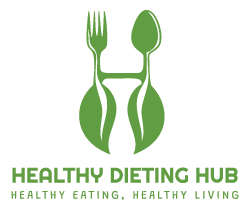
Playing sports and eating properly are the keys to achieving good health. The long-term effects of having good habits are more than evident, so it is highly recommended to set aside some time to do sports daily, or at least several times a week with moderate intensity.
If you have decided to start an exercise routine, your diet should also adapt to it. A diet for athletes must contain the right proportions of the different food groups to provide us with the necessary energy. We must keep an adequate control of our daily routines and adapt the intake to our appetite and needs.
Adequate proportions in a diet for athletes
The diet for athletes must contain abundant carbohydrates and proteins, and be low in fat. Complex carbohydrates should make up the majority of daily carbohydrates since the glucose they generate when processed provides energy. They are obtained through pasta, rice, cereals and potatoes.
Proteins help us in the recovery of muscles after exercise, which is why it is recommended that they be present in a sports diet. About 30 grams of meat or fish, one egg to one glass of skimmed milk, should be consumed for every kilo of the person’s weight. In addition, a good diet should contain plenty of fruits and vegetables, as they provide necessary nutrients and vitamins.
What should least abound in any diet, including sports, are fats. In a small proportion they are good and necessary for the proper functioning of the body, but since most foods contain it naturally, it is best not to add it in excess through sauces or dressings.
As for fiber, it can be included in the form of whole grains, but it should not be abused due to its satiating capacity, which will prevent us from following a correct diet. Another key to a good diet is to be hydrated, especially during sports, which is when more water is lost.


